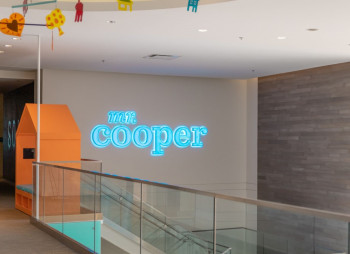In a sizzling mergers and acquisitions market headed for a record year, Warren Buffet, the master of value investing, found $32 billion of value. Similarly, lesser-known corporate titans currently on the lookout for deals are also seeing value, particularly in the same sector where Buffet found his latest prize, industrials.
To be sure, Berkshire Hathaway’s purchase of Precision Castparts was no steal at a price-earnings ratio of 22.
“In terms of price-earnings ratios going in, this is right there at the top,” Buffet told CNBC. “This is a very high multiple for us to pay.”
But Berkshire snapped up Precision Castparts after the stock had suffered a drop of 20% since the beginning of the year, and 30% from its high last summer, due in large part to the slump in the energy industry, which accounts for the bulk of Precision Castparts’ non-aircraft business.
Industrial stocks generally are having a poor year, the Standard and Poor’s Industrial sector index was off 4.5% year-to-date as of August 11. That’s likely one reason Intralinks Dealnexus, an online deal sourcing network, where M&A professionals are actively marketing targets, indicates that industrials is the leading sector in the North America and Asia-Pacific regions, accounting for about 20% of listings for potential deals, and the second leading sector in the Europe-MidEast-Africa region. This tells us Warren Buffet again is leading the pack: more mergers and acquisitions are coming in industrial businesses.
Companies that have dominant industry positions don’t lose that overnight; a slumping stock price doesn’t destroy the value contained within the business. In the current slow-growth domestic economy and sluggish economies overseas there is much potential for industrial companies to enjoy substantial increases in business, making this an opportune time for acquisitions.
Is it likely corporate leaders will likely overpay? We’ve yet to see much evidence that this is an overheated market where anxious acquirers will throw sober value assessments out the window as emotions drive them to join the M&A frenzy. During the first half of 2015, the average worldwide price-earnings multiple paid for acquisitions was 25.9, up slightly from 25.3 for the same period last year. The average multiple of earnings before interest, depreciation, taxes and amortization (EBIDTA) during the first half of 2015 was 15.5, up 13.4. Buffet is paying 13 times EBIDTA.
M&A, after all, is about building long-term value. The fit should be strategic; the price should be fair, not subject to volatile emotions of short-term traders.
We’re in a market that is creating opportunity for potential buyers, particularly shoppers who have had their eyes on industrial companies. Those who do M&A best, like Warren Buffett, buy when markets are distressed.








